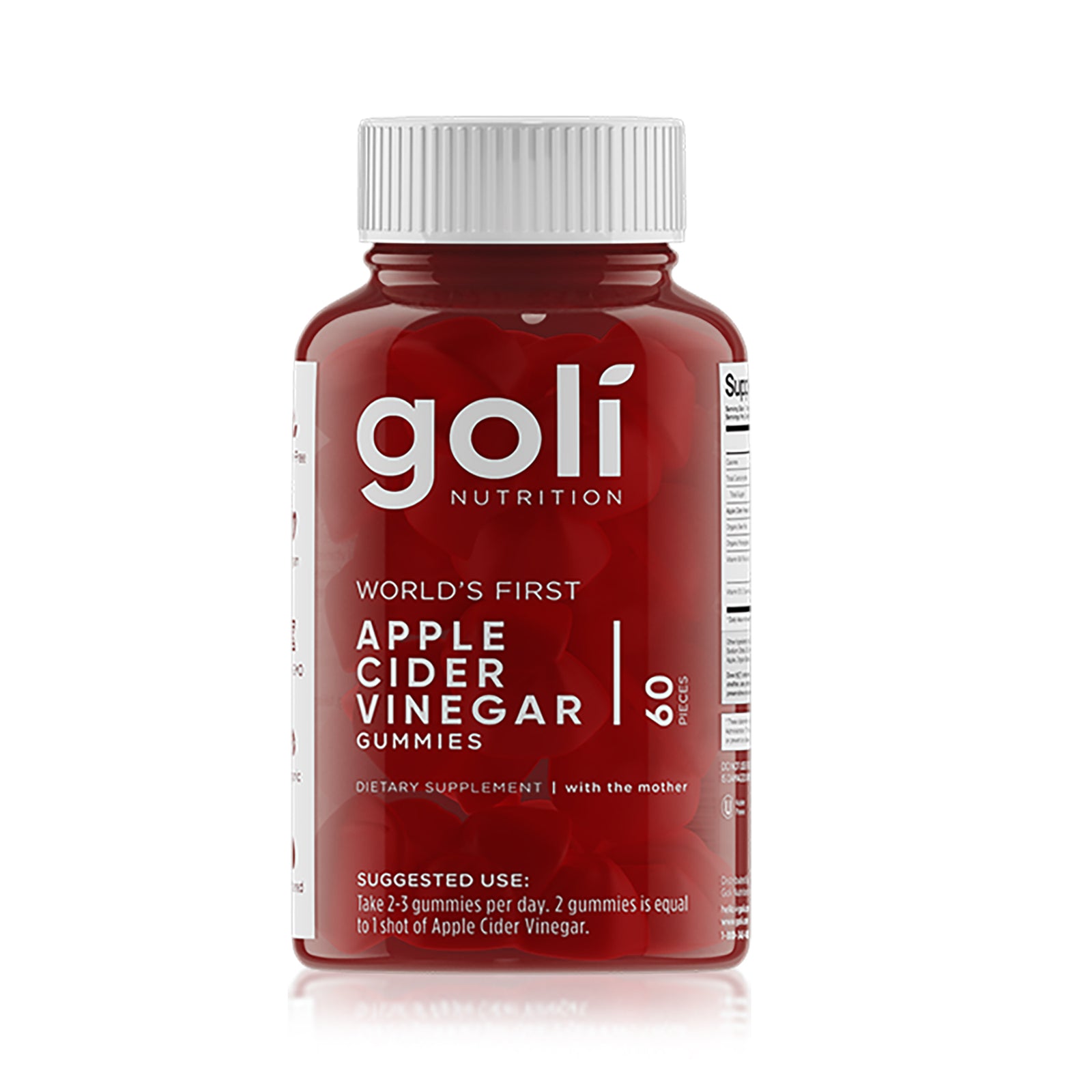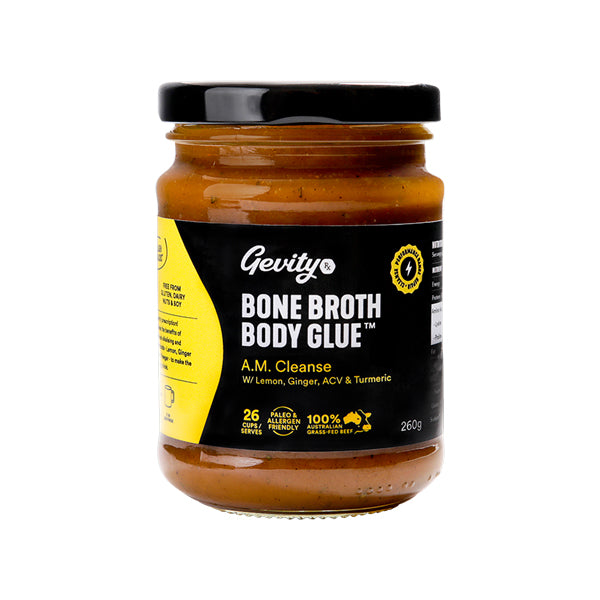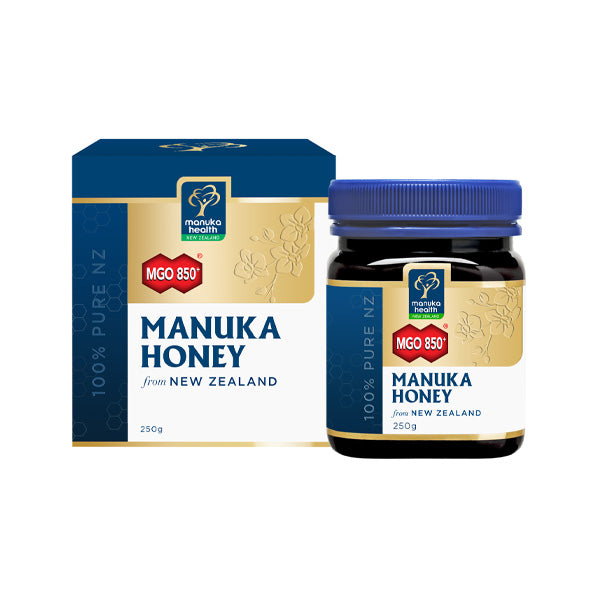Bone broth, a nourishing and comforting elixir, has been enjoyed for centuries across various cultures. Packed with essential nutrients and boasting potential health benefits, bone broths have gained significant attention in recent years. In this blog, we will explore the numerous advantages of incorporating bone broths into your diet.
1. Nutrient-Rich and Easily Absorbed:
Bone brothsare a concentrated source of nutrients, including vitamins, minerals, and amino acids. The long-simmering process extracts valuable compounds such as collagen, gelatin, glucosamine, and chondroitin sulfate from bones (Zhu et al., 2018). These components contribute to bone health, joint support, and gut integrity.
Collagen, abundant in bone broth, promotes healthy skin, hair, and nails. It also plays a vital role in maintaining the strength and flexibility of connective tissues (Lodish et al., 2000). The gelatin content in bone broth aids digestion by soothing and protecting the gut lining (Dominguez-Gomez et al., 2019).
2. Joint and Bone Support:
The gelatin, collagen, and minerals present in bone broths provide support for joint and bone health. Studies have shown that collagen and gelatin may help reduce joint pain, inflammation, and symptoms of osteoarthritis (Clark et al., 2008; Moskowitz et al., 2000). Glucosamine and chondroitin sulfate, found in bone broth, are known to enhance joint mobility and protect against cartilage degeneration (Reginster et al., 2001).
3. Gut Health and Immune Support: Bone broth's gelatin and amino acids, such as glutamine, contribute to gut health and integrity. Glutamine plays a vital role in maintaining the function and structure of the intestinal barrier (Liu et al., 2017). This can help alleviate conditions like leaky gut syndrome and support a healthy immune system.
Bone broth is also rich in the amino acid glycine, which has anti-inflammatory properties and may enhance the body's natural defence against infections (Wu et al., 2020). The nutrients in bone broth support a healthy gut microbiome, promoting overall digestive health and immune function (Cammarota et al., 2017).
4. Hydration and Electrolyte Balance:
Bone broths, often consumed as warm beverages, contribute to hydration and electrolyte balance. The cooking process extracts minerals, including calcium, magnesium, and potassium, which are essential for maintaining proper fluid balance and supporting various bodily functions (Costa-Rodrigues et al., 2021).
Bone broth offers a plethora of health benefits, making it a valuable addition to a balanced diet. The nutrient-rich composition of bone broths supports joint and bone health, promotes gut integrity, and boosts immune function. Its easily absorbed nutrients, such as collagen and gelatin, contribute to healthy skin, hair, nails, and digestive wellness. Furthermore, bone broth's hydration and electrolyte-balancing properties provide an added bonus.
So, sip on this healing elixir and reap the potential benefits of bone broths. Whether enjoyed as a warm, comforting drink or used as a flavourful base for soups and stews, bone broth offers a nourishing boost to your overall well-being.
Click to check out our Bone Broth selection!
Blog image credit: @nutraorganic
References:
- Cammarota, G., Ianiro, G., Bibbò, S., Gasbarrini, A., & Currò, D. (2017). Probiotics and faecal microbiota transplantation for primary and secondary prevention of Clostridium difficile infection: A review and pooled analysis. Journal of Clinical Gastroenterology, 51(9), 781-787.
- Clark, K. L., Sebastianelli, W., Flechsenhar, K. R., Aukermann, D. F., Meza, F., Millard, R. L., ... & Albert, A. (2008). 24-Week study on the use of collagen hydrolysate as a dietary supplement in athletes with activity-related joint pain. Current Medical Research and Opinion, 24(5), 1485-1496.
- Costa-Rodrigues, J., Pinho, B. R., Monteiro, E., Pestana, D., Peixoto, F., Silva, A. M., & Martins, M. J. (2021). Micronutrients in bone health: Are we missing something? Nutrients, 13(2), 577.
- Dominguez-Gomez, G., de la Rosa, L. A., & Arbona-Ramirez, M. M. (2019). A review on health benefits of kombucha nutritional compounds and metabolites. CyTA-Journal of Food, 17(1), 865-875.
- Liu, S., Ren, J., Chen, K., Gong, X., & Liu, J. (2017). The role of amino acids in inflammatory responses of adipocytes. Frontiers in Immunology, 8, 445.
- Lodish, H., Berk, A., Zipursky, S. L., Matsudaira, P., Baltimore, D., & Darnell, J. (2000). Collagen: The fibrous proteins of the matrix. In Molecular Cell Biology. 4th edition. W. H. Freeman.
- Moskowitz, R. W., Altman, R. D., Hochberg, M. C., Buckwalter, J. A., & Goldberg, V. M. (2000). Osteoarthritis: Diagnosis and Medical/Surgical Management. Lippincott Williams & Wilkins.
- Reginster, J. Y., Deroisy, R., Rovati, L. C., Lee, R. L., Lejeune, E., Bruyere, O., ... & Henrotin, Y. (2001). Long-term effects of glucosamine sulfate on osteoarthritis progression: A randomised, placebo-controlled clinical trial. The Lancet, 357(9252), 251-256.
- Wu, G., Li, F., Wang, Y., Zhang, J., Zhao, L., Zhou, X., ... & Wei, W. (2020). L-arginine nutrition and metabolism in health and disease. Frontiers in Bioscience, 25(1), 347-384.
- Zhu, Y., Zhang, Y., Li, C., Gan, R. Y., Li, H. B., & Zhang, D. (2018). A systematic review of the pharmacological activities of a traditional herbal medicine: Huang Bai. Frontiers in Pharmacology, 9, 884.




